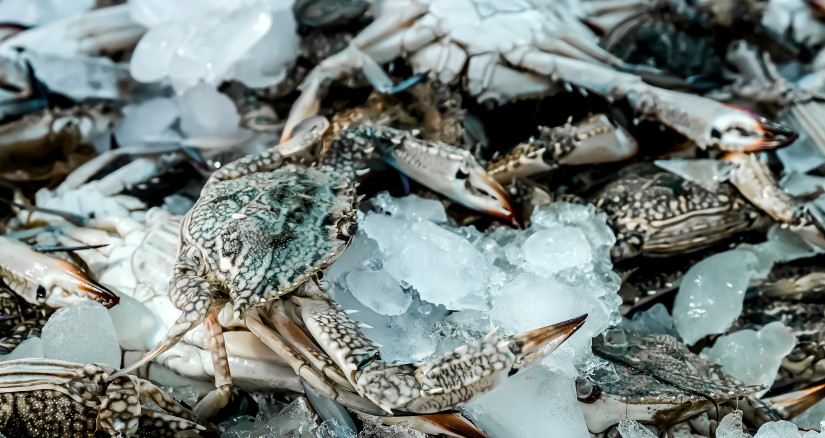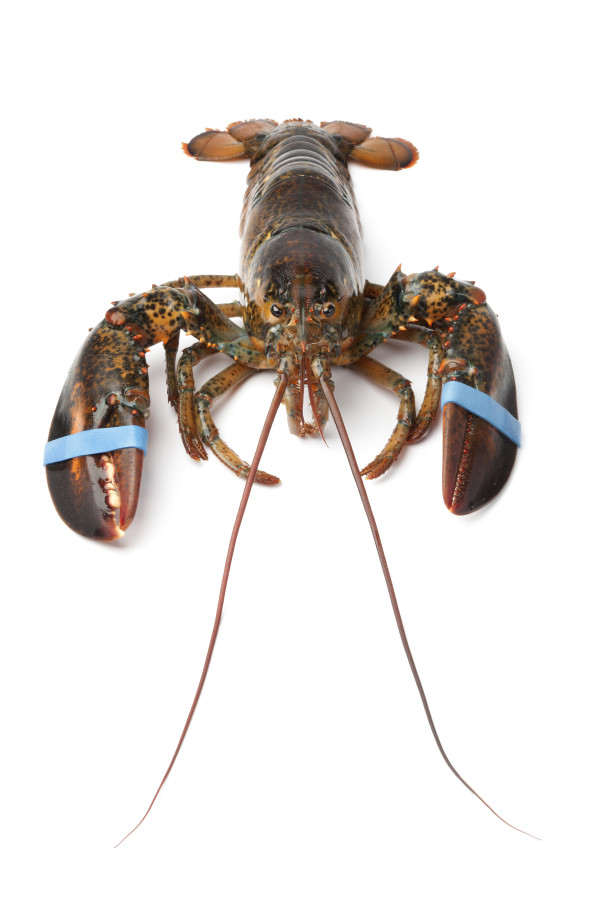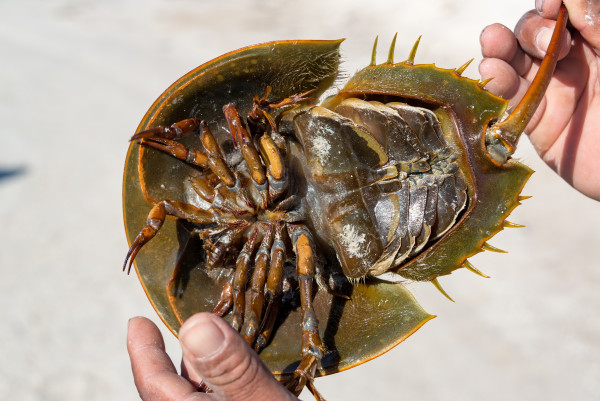
The Science of Sentience: Emerging Evidence and Ethical Implications Across Species
From crabs to cephalopods, our understanding of animal intelligence and sentience is growing. Once dismissed as unfeeling creatures driven purely by reflex, many invertebrates are now at the center of a profound scientific shift. Mounting evidence suggests that a broader range of animals may be capable of perceiving and processing pain, forcing a reconsideration of how humanity treats species often regarded as expendable.

Photo by picturepartners
A Growing Field of Sentience Research
Over the past three decades, a vast branch of scientific research has emerged to study animal sentience, particularly in invertebrates. Bioethicists define sentience as the ability to receive and respond to stimuli consciously, and the study of sentience draws on neuroscience, behavioral ecology, and philosophy to explore how different species experience their environments, process pain, and express forms of awareness.
Once focused solely on vertebrates like mammals, sentience research now encompasses animals ranging from octopuses and crabs to insects and mollusks, revealing striking complexity in nervous systems once thought too simple for subjective experience.
Crabs and Conscious Pain
Recent research from the University of Gothenburg found that shore crabs (Carcinus maenas) not only react to harm but also learn to avoid situations that previously caused discomfort. Neural activity recorded in the crabs’ central nervous systems revealed pain-processing patterns that extend beyond simple reflexes. Such findings suggest that crabs possess at least some capacity for subjective experience.
This growing body of research is causing a shift in animal welfare laws. The United Kingdom, for example, amended its Animal Welfare (Sentience) Act to include crabs, lobsters, octopuses, decapod crustaceans, and cephalopod mollusks, recognizing them as sentient beings deserving of legal protection. Yet, much of the world still lags behind, with more than 5 million tons of crustaceans harvested or cooked alive each year.

Photo by StructuredVision
The Horseshoe Crab
While shore crabs highlight ethical issues in food production, horseshoe crabs highlight similar concerns in science and medicine. These ancient, blue-blooded creatures play a critical role in pharmaceutical safety testing: their blood contains a compound, Limulus Amebocyte Lysate (LAL), used to detect bacterial contamination in vaccines and medical equipment.
However, the process involves capturing, bleeding, and returning the animals to the wild, or selling the bled crabs for use as bait—practices that have contributed to significant population declines in an already endangered species. Despite the availability of a cruelty-free synthetic alternative, recombinant Factor C (rFC), many US pharmaceutical companies have been reluctant to adopt it due to its high price and the need for additional resources to validate its use compared to LAL.
Sentience Beyond Sympathy
The recognition of sentience in animals once thought incapable of suffering has profound implications. It asks not only whether these creatures can feel pain, but whether human convenience justifies their continued exploitation. Across ecosystems and industries, sentience research is forcing scientists, policymakers, and consumers to confront difficult questions about the balance between progress and compassion.
As the evidence grows, the boundaries of moral responsibility should expand as well. Animals are more than just resources—living beings with unique capacities to sense, learn, and respond to their worlds. The science of sentience challenges us to look inward as much as outward, and to ask: how will we respond to this emerging research?
At BSM Partners, science and ethics should go hand in hand. As emerging research continues to uncover new understandings of animal awareness, our role as scientists, formulators, and advisors includes understanding and applying these findings responsibly. Whether supporting innovation in animal welfare or interpreting emerging data through a practical lens, BSM Partners is committed to an evidence-based approach to animal health and well-being. We aim to contribute to a more informed and conscientious future for the industries we serve.
Follow us on LinkedIn for the latest updates on all things happening here at BSM Partners.
About the Authors
Ada-Miette Thomas is a senior analyst at BSM Partners. She received both bachelor’s and master’s degrees in food science with an emphasis on nutrition. Ada-Miette conducted research with a focus on human nutrition and studied the effects of carbohydrate sources on markers of Metabolic Syndrome in adults.
Originally from Anchorage, Alaska, Jen completed a B.S. in Animal Science at Colorado State University, an M.S. in Zoology with a focus on nutritional ecology at Oklahoma State University, and a PhD in Animal Nutrition at Mississippi State University. After completing her doctoral research on giant panda dietary management at the Memphis Zoo, she worked as an Associate Nutritionist at the San Diego Zoo for 5 years, followed by 4 years at the Denver Zoo as Nutritionist and director of the nutrition program. Since early 2018 she's been a Senior Nutritionist in technical support, research and development, and formulation and ingredient strategy with Mazuri Exotic Animal Nutrition. In her free time, she and her husband enjoy spoiling their two cats, rooting for the 49ers, and enjoying the waterfront and surrounding nature of the San Francisco Bay Area.
This content is the property of BSM Partners. Reproduction or retransmission or repurposing of any portion of this content is expressly prohibited without the approval of BSM Partners and is governed by the terms and conditions explained here.